By Winston Owino
“If you empower women, you empower the society,” says Beatrice Wairimu, a Bachelors Degree holder in Environmental Studies & sociology, an ardent environmentalist, a former trainee of Plants for Life International and a mother.

Beatrice hails from Nyangiti in rural Murang’a County. It is an agricultural county that has been greatly affected by the immersion of many young people, deep into the abuse of illicit liquor thus failing to engage effectively in farming activities, following the deterioration of their health. In 2015, the consumption of illicit brew in Murang’a County was at uncontrollable levels, prompting the county government to take appropriate intervening measures to tame the abuse, by forming a special unit comprising of administration police to arrest those flouting the Alcoholic Drinks Control Act.
Beatrice went through Primary and Secondary education in Kiuu Primary School and Runyeki Secondary schools respectively, all of which are situated in her home county. Her tireless efforts at school earned her a mean grade of B plain which afforded her an opportunity to enroll for a Bachelor of Arts degree in Environmental science & Sociology at the University of Nairobi, on a direct entry.
Passion for environmental conservation
Her passion for environmental conservation was kindled at the very onset of her tertiary studies and grew over the years as she noticed the part human activities play in environmental degradation and climate change. She felt privileged to learn of the tremendous efforts of the internationally renowned, Kenyan environmental political activist and Nobel laureate, the late Professor Wangari Maathai, from whom she draws a lot of inspiration.
She as well looks up to Professor Judy Wakhungu, the Cabinet Secretary for Environment, Water and Natural resources, who has been championing for the protection of forests. (Prof Wakhungu was the first woman geologist in the Ministry of Energy and Regional Development, the first female petroleum geologist in the National Oil Corporation of Kenya. She was also the first female faculty member in the Department of Geology at the University of Nairobi.)
Where passion and education has led her
Beatrice profusely attributes the woman she has been molded to stand today, to access to education, information and awareness.
Beatrice has undergone training with Plants for Life international, an organization that focuses on forest restoration, replacing exotic trees with indigenous trees, offsetting the levels carbon dioxide in the atmosphere, Agro forestry among other activities. During her traineeship, she helped in sowing more than a hundred tree seeds, bagging the seedlings and watering them in the nursery as they wait to be planted in the forest.
She has been taking personal development courses, courtesy of Young African Leadership Initiative (YALI) a signature effort by the United States government to invest in the next generation of African leaders.
Her need to write on the contemporary environmental issues led her to Writers Guild Kenya, an incubation center for budding writers which she later became affiliated to. The organization has since then nurtured her writing skills and on realizing her flaming passion, helped her to start her own blog (Evergreen Kenya) where she writes and publishes her work in an attempt to educate and remind people of the threat climate change is posing to the developing African continent and persuade readers to a call of action geared towards change of mindset, attitude and behaviour.
From the knowledge she has accumulated over the years, she lectures on Community Development on a part time basis at the Kenya Baptist Theological College in Limuru.
Ambition
She looks forward to transferring her accumulated knowledge to young school-going children more so girls, on the need to pursue education and acquire knowledge for informed decision making, conserve the environment and simple approaches geared towards achieving the same.
“If I did not have the privilege to go through education, I would probably be having five children and married to a drunkard back in Murang’a,” Beatrice admits.
The bigger picture
When women are not afforded the opportunity to contribute, the inequality in gender affects everyone and costs economies up to billions per annum. Gender inequality in the labour market costs Sub Saharan Africa economic losses each year, according to United Nations Development Programme (UNDP).
According to an estimate by the United Nations High level Panel on Women’s economic empowerment, the world would gain 12 Trillion in annual GDP (Gross Domestic Product), if the gender gap was to close by 2025. Thus bringing both men and women to a level playing field will ultimately enhance productivity and foster economic growth.
A report done by the UNDP estimates that the total annual income losses due to gender inequality have averaged 95 Billion U.S. dollars per annum since 2010 in Sub-Saharan Africa and could be as high as 105 Billion U.S dollars. The U.N.D.P also reveals that social norms are an impediment to African Women’s progress, placing a great restriction on the time women can spend in education and paid work and gaining access to financial and economic assets.
The World Economic Forum estimates that the gender gap will not close until 2186 (169 years from now). If the above estimates are to go by, it will cost the Sub- Saharan Africa averagely 16,055,000,000,000 U.S. dollars. (95 billion U.S. dollars multiplied by 169 years )
According to UNICEF (United Nations International Children’s Emergency Fund), gender discrimination and lack of education increase the vulnerability of girls and women towards contracting HIV/AIDS. In fact they are twice as likely at the peril of contracting HIV/AIDS as compared to men. So how do we sustain the fight for a wealthy economy if a significant section of our ‘army’ faces a greater peril of health issues?
The call for gender parity has however, achieved an attitudinal shift over the years through the global celebration of International Women’s Day on every 8TH March, a rallying platform to garner the support for Women’s Rights and their increased participation in effective political leadership and as drivers of the economy.


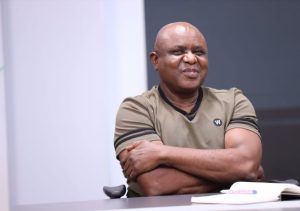
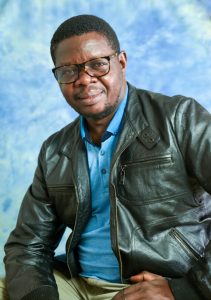
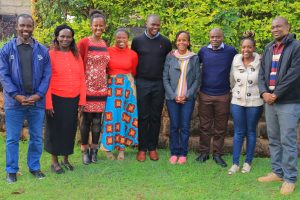

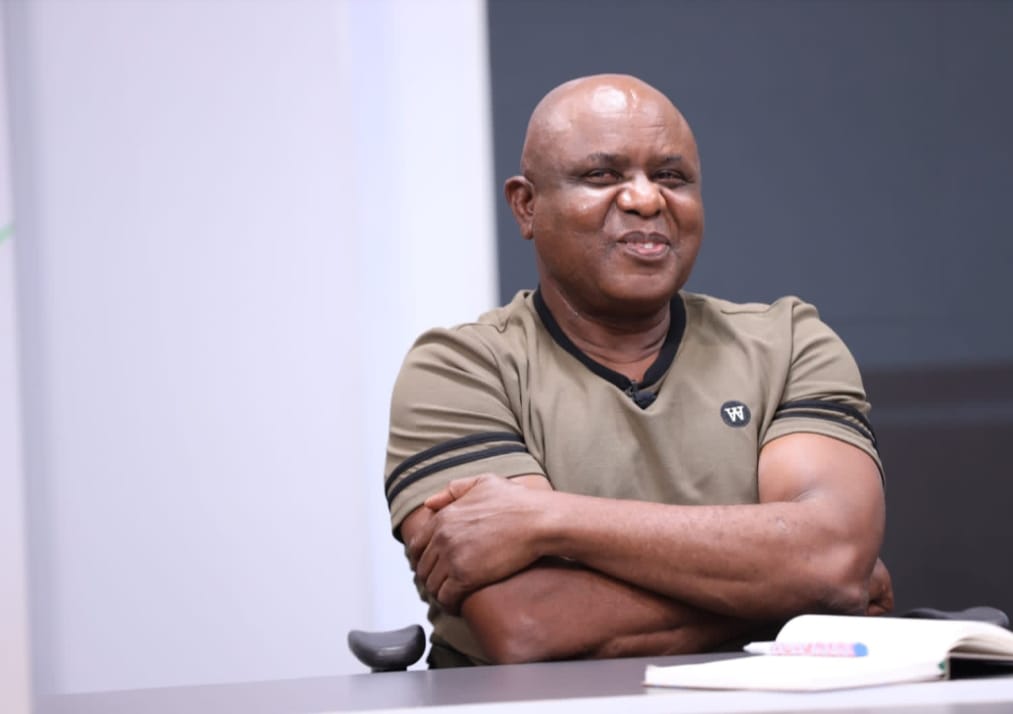
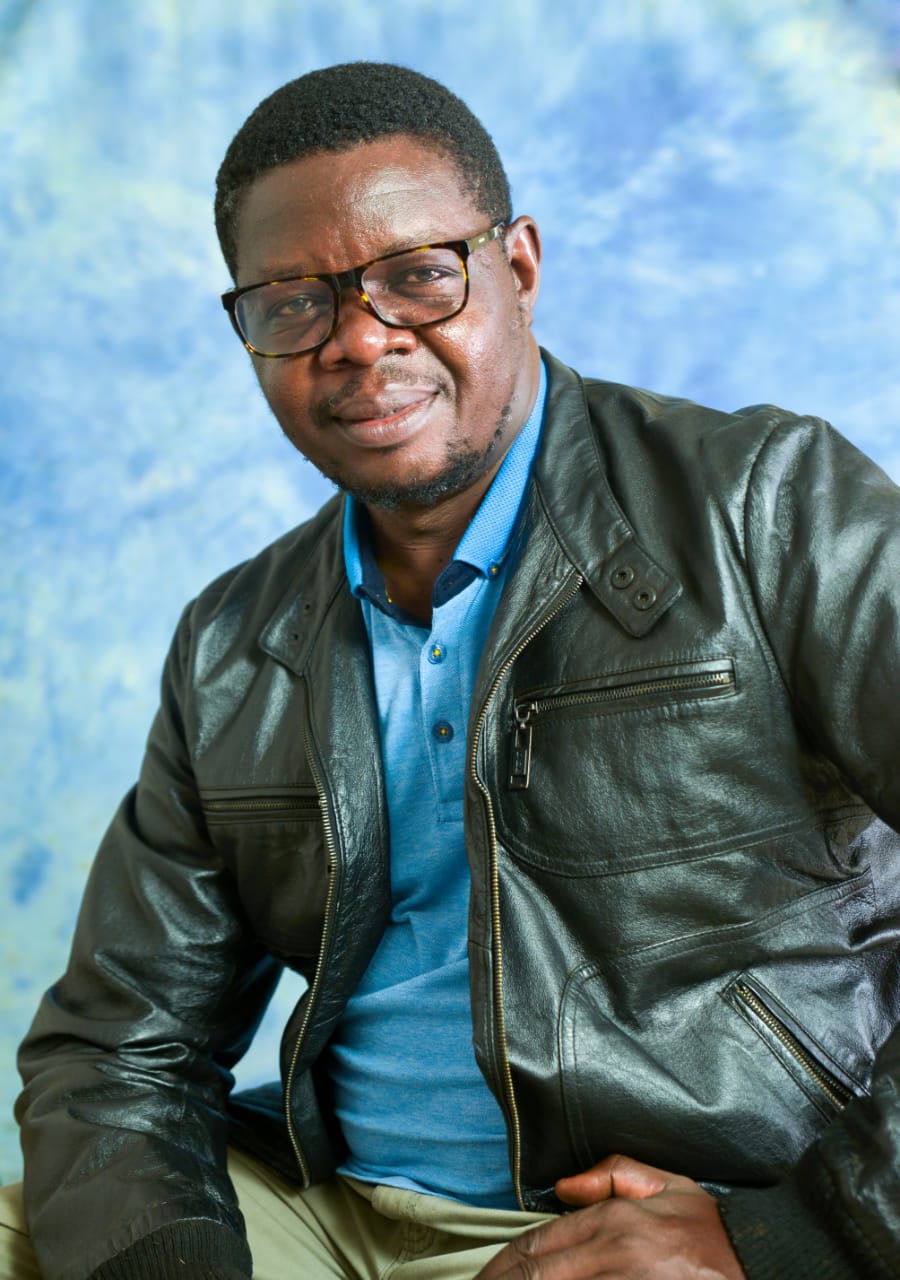
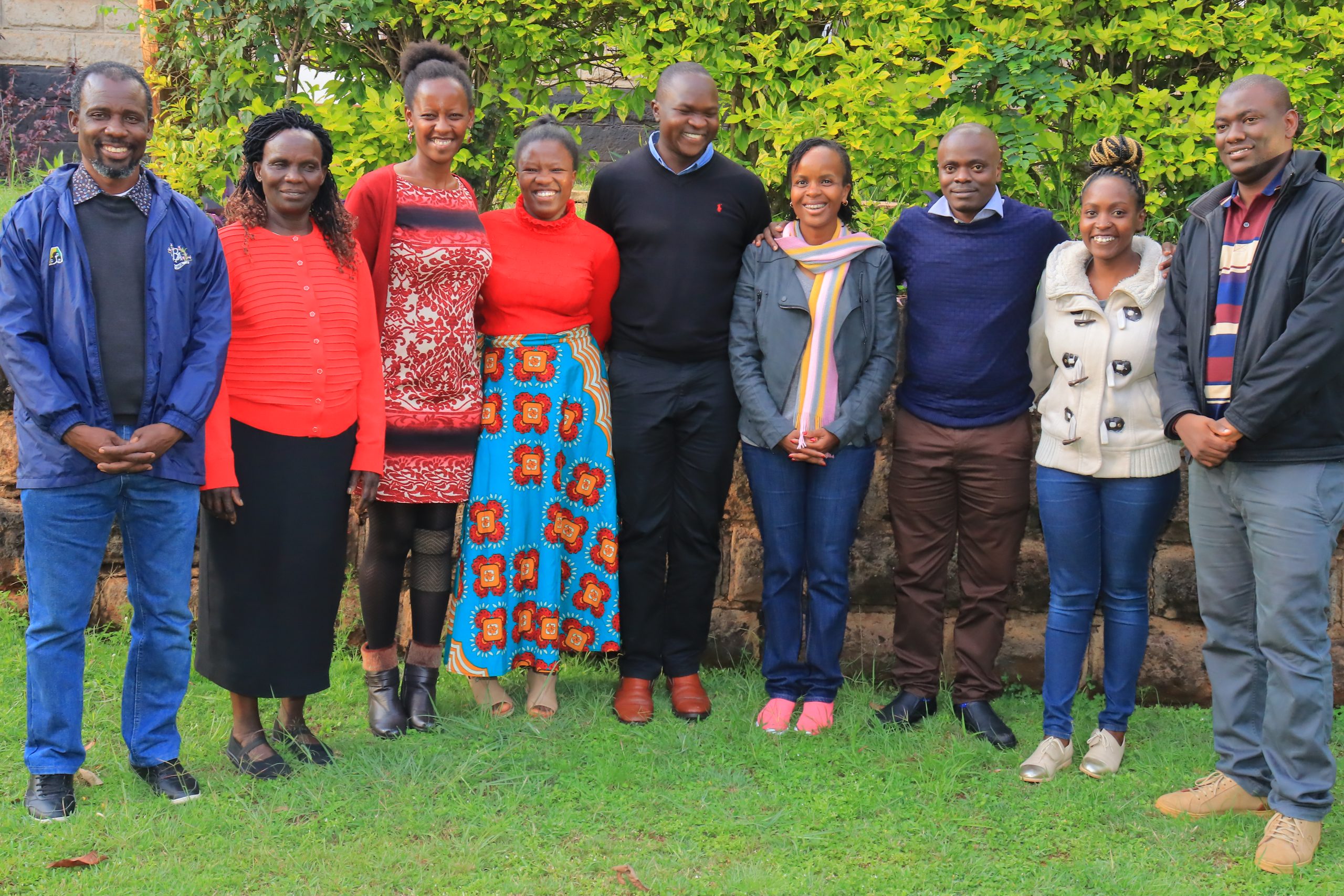

1 thought on “Women Empowerment: A Potent Tool for Socioeconomic Growth and Development”
Nice idea. Only that women empowerment is stretched to feminism which, sadly, has a bad tag.